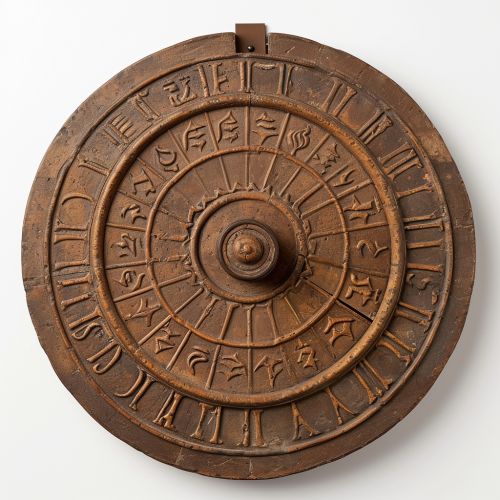Anno Domini
Introduction
The term "Anno Domini" (Latin for "In the year of the Lord"), often abbreviated as "AD", is a system of numbering years that is used in the Julian and Gregorian calendars. This dating system is based on the presumed birth year of Jesus Christ, with AD signifying years after Christ's birth, and BC denoting years before Christ's birth. The Anno Domini system was devised in 525 AD by a monk named Dionysius Exiguus (Dionysius the Humble), but it was not widely used until the 9th century.


History
The Anno Domini system was created as a replacement for the Diocletian years, a method of counting years that was named after the Roman Emperor Diocletian who instigated the last major persecution of Christians in the Roman Empire. Dionysius Exiguus, who was a Scythian monk, introduced the Anno Domini system when he was commissioned by Pope John I to determine the correct date for Easter. Dionysius calculated the date of Christ's birth based on historical and biblical accounts, and he established the Anno Domini system with the birth of Christ as the central reference point.
Usage
The Anno Domini system is used worldwide in many contexts. It is used in business, academia, science, and many other fields. In the Gregorian calendar, which is the most widely used calendar system today, years are counted as being either before or after the birth of Christ. For example, the year 2000 AD is understood to be 2000 years after the birth of Christ. The system is also used in the Julian calendar, which was the predecessor to the Gregorian calendar.
Controversies
There have been several controversies and criticisms associated with the Anno Domini system. Some critics argue that the system is based on a miscalculation of the birth year of Christ. Others argue that the system is inherently Christian and thus not suitable for use in a multi-cultural or secular context. In recent years, there has been a trend towards using the terms "Common Era" (CE) and "Before Common Era" (BCE) as secular alternatives to Anno Domini and BC.
